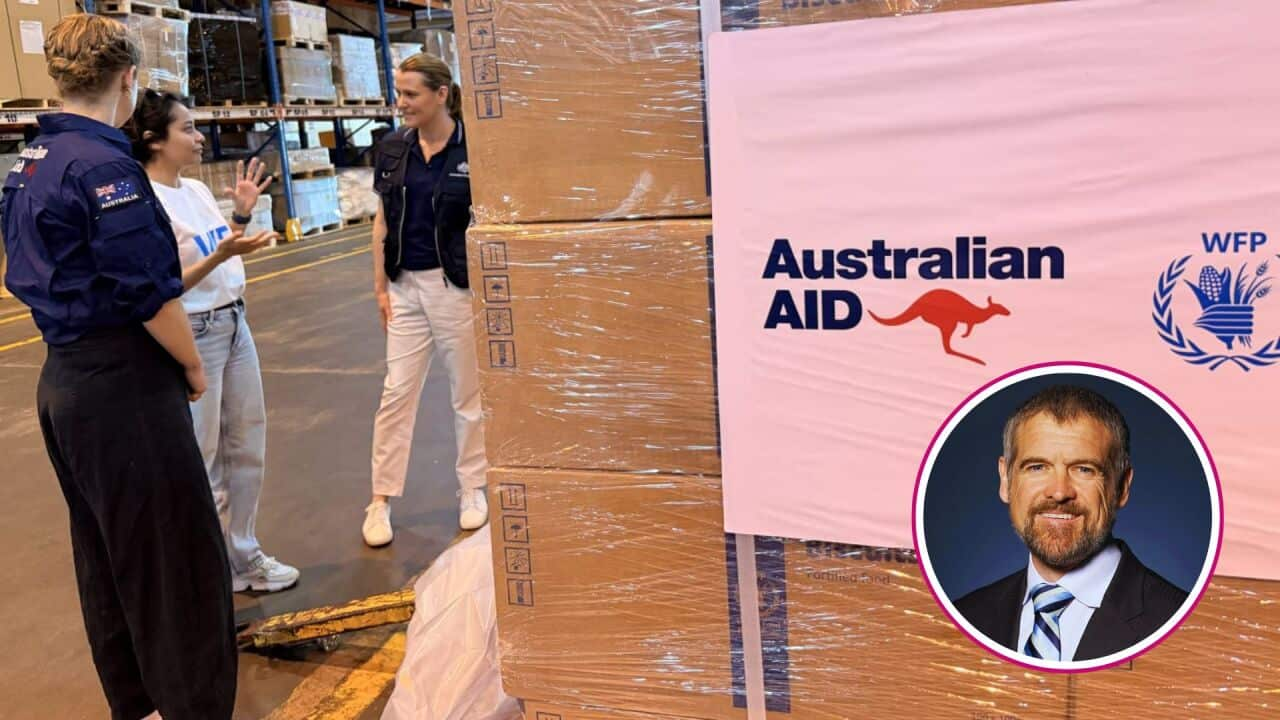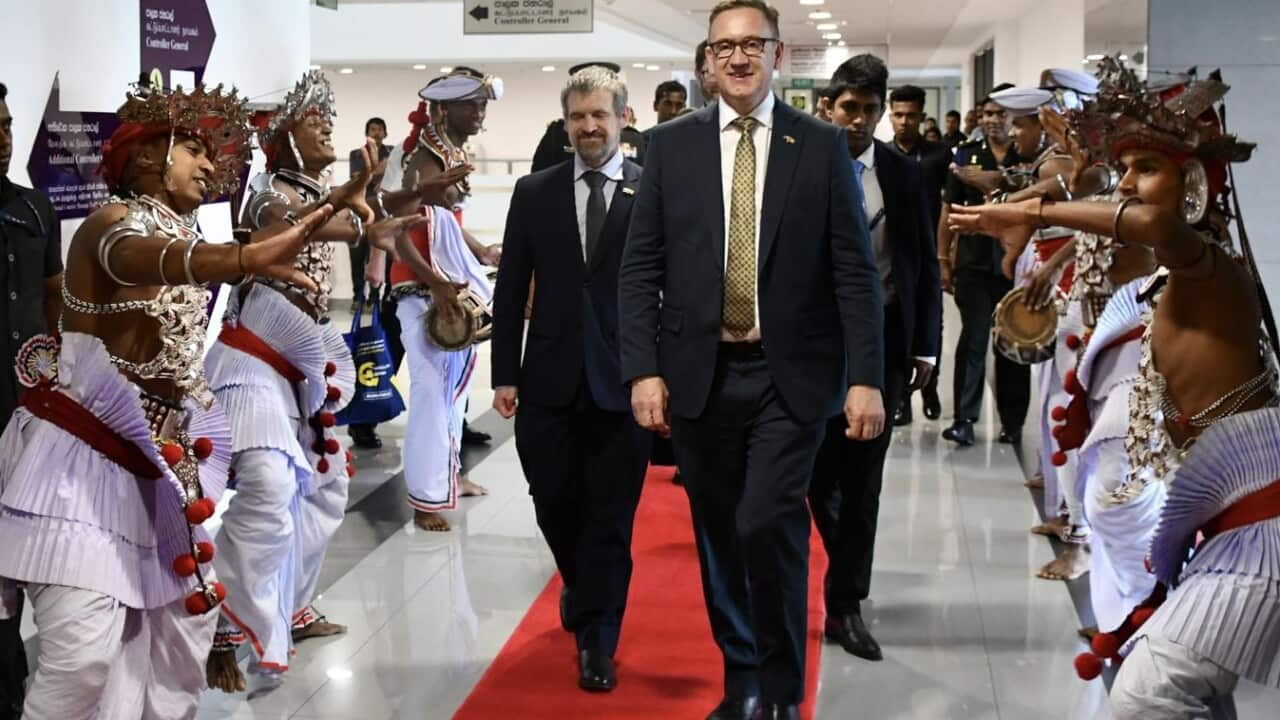Medicare is turning 40 this year, and to celebrate, the government has launched a special commemorative card.
But do you know how that little green card works?
A growing number of experts is urging the government to go much further than a special card.
Peak bodies representing healthcare consumers and medical professionals say the government should fund a public education program about Australia's healthcare system.
Dr Elizabeth Deveny is Chief Executive Officer of Consumers Health Forum of Australia, or C-H-F.
When Medicare was first rolled out forty years ago in 1984, Dr Deveny says there was public discussion about how the new healthcare system worked.
But she says younger people and those who arrived in Australia after 1984 missed out on that education.
Consumers Health Forum of Australia is concerned that Australians' gaps in knowledge about the health system mean people are missing out and paying more for healthcare.
Their concerns are echoed by the Royal Australian College of General Practitioners, which has issued a statement calling for greater health literacy - specifically about Medicare.
Both organisations argue that in a cost-of-living crisis, it's more important than ever for Australians to know they are entitled to free and subsidised healthcare.
Last year, the proportion of people who delayed or did not see a G-P because of the cost rose to 30.3 per cent, according to the Australian Bureau of Statistics.
Worryingly, those with a long-term health condition were more likely than others to skip their visit.
Dr Deveny says it's those people who may actually benefit the most from greater education.
Moreover, Dr Deveny stresses that simple fixes often come down to education.
For example, she says many people don't know they can ask their GP for bulk-billing even if it's not the medical centre’s normal procedure.
Even if the doctor can't offer a totally rebated service, they will link the patient with other services that can.
Dr Devaki Monani is Senior Lecturer in Social Work at Charles Darwin University.
She says education programs will also need to take into account migrants' political and cultural context, not only in their previous countries but in Australia too.
Dr Monani says language also can be a major issue in healthcare settings and in communicating public health messages.
But she points out it's not just about the words used, it's also about offering a conceptual framework.
Dr Monani, Senior Lecturer in Social Work at Charles Darwin University says that fear can translate into mistrust of institutions like the healthcare system, or an unwillingness to claim benefits
For Dr Deveny, it's also a right to education.





